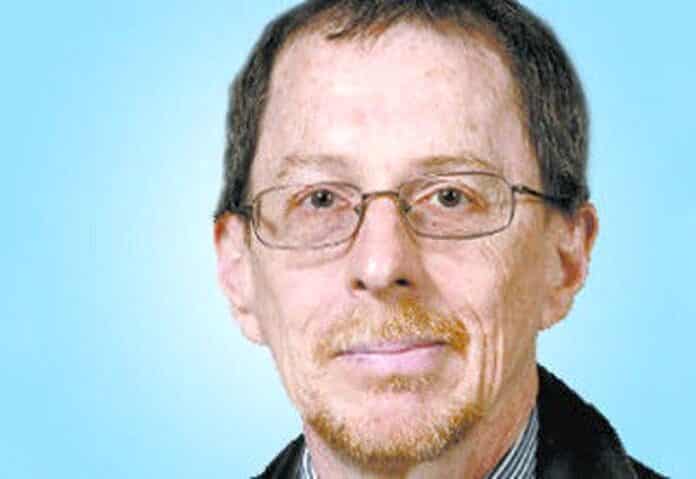In the summer of 1966, Mike Wallace of CBS News interviewed Martin Luther King Jr. about the ongoing struggle for civil rights.
“How many summers like this do you imagine we can expect?” Wallace asked.
The summer before, the Watts riots had erupted in South Central Los Angeles in response to accusations of police brutality toward the city’s African-American community.
The summer of 1966 had brought the White House Conference on Civil Rights, and King was among the 15,000 people participating in the March Against Fear, the largest civil rights demonstration ever in the state of Mississippi. King also led the open-housing movement in Chicago.
“Well, I would say this,” he told Wallace. “We don’t have long.
“The mood of the Negro community now is one of urgency, one of saying that we aren’t going to wait, that we’ve got to have our freedom. We’ve waited too long.
“So I would say that every summer we’re going to have this kind of vigorous protest. My hope is that it will be non-violent.”
Two years after that interview, King was killed by an assassin’s bullet.
Now, more than five decades later, American cities are again the scene of violent protests.
The death of yet another black man at the hands of police officers set off an explosion that has reverberated around the world. The anger was sparked by the death of George Floyd, but it was about so much more than that. It was about Trayvon Martin and Michael Brown and Eric Garner and Freddie Gray and Philando Castile and so many more.
It was about the African-American father who feels the need to tell his 8-year-old son how to react in an encounter with police.
It was about Keisha Lance Bottoms, the African-American mayor of Atlanta and her reaction when she learned of the protests forming across her city. In an essay for The New York Times, she wrote that she knew in that moment what the parent of every other black child in America knows. She knew she could not protect her teenage son.
“Baby, please come home now!” she told him. “It’s not safe for black boys to be out today.”
King would be disappointed by what is happening in the United States today.
He would be saddened by the riots, something he called “self-defeating and socially destructive,” and his heart would be broken by how far our nation remains from achieving that dream he spoke so eloquently about in the summer of 1963.
In that speech, King had expressed the hope that one day his four children would live in a nation where they would be judged not “by the color of their skin but by the content of their character.” He had expressed hope for transforming “the jangling discords of our nation into a beautiful symphony of brotherhood.”
Were he alive today, King would understand the frustration that has boiled over in recent demonstrations.
“I think we’ve got to see,” he told Wallace, “that a riot is the language of the unheard.”
The language of the unheard.
A black person dies in a confrontation with police, and members of the community raise their voices in protest. It happens again, and the protests grow louder. It happens hundreds of times, and the anger boils over.
Responding to Wallace’s question, King said it was up to white Americans to determine how many more summers of racial strife we could expect.
More than 50 years later, that’s still true. To make King’s dream a reality, far more white Americans must join the fight.
It’s long past time.
Kelly Hawes is a columnist for CNHI newspapers in Indiana.Send comments to [email protected].




